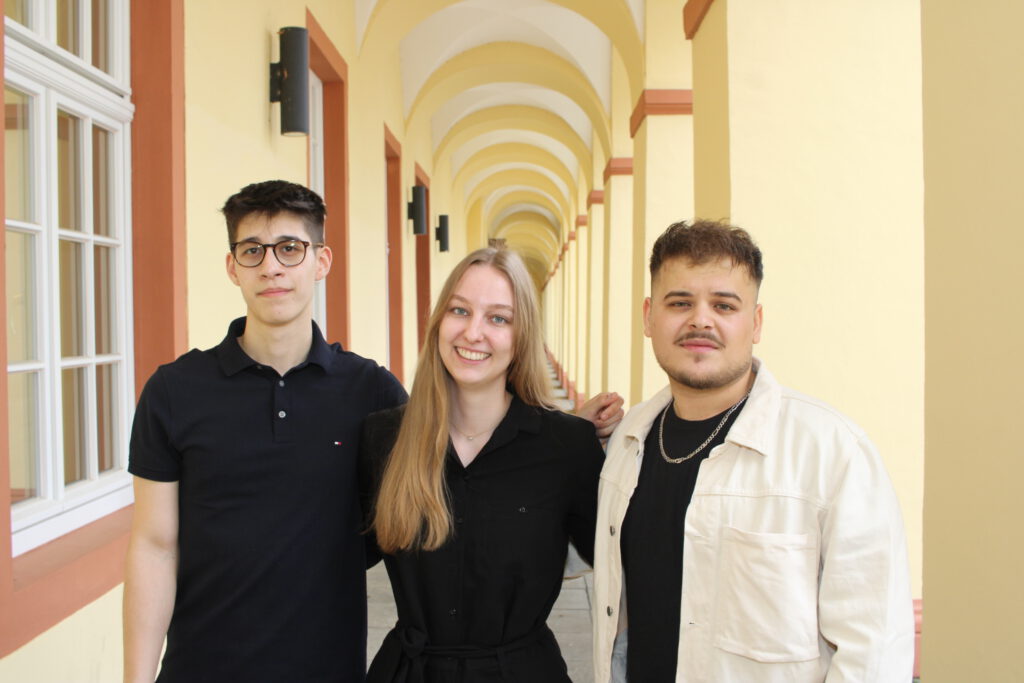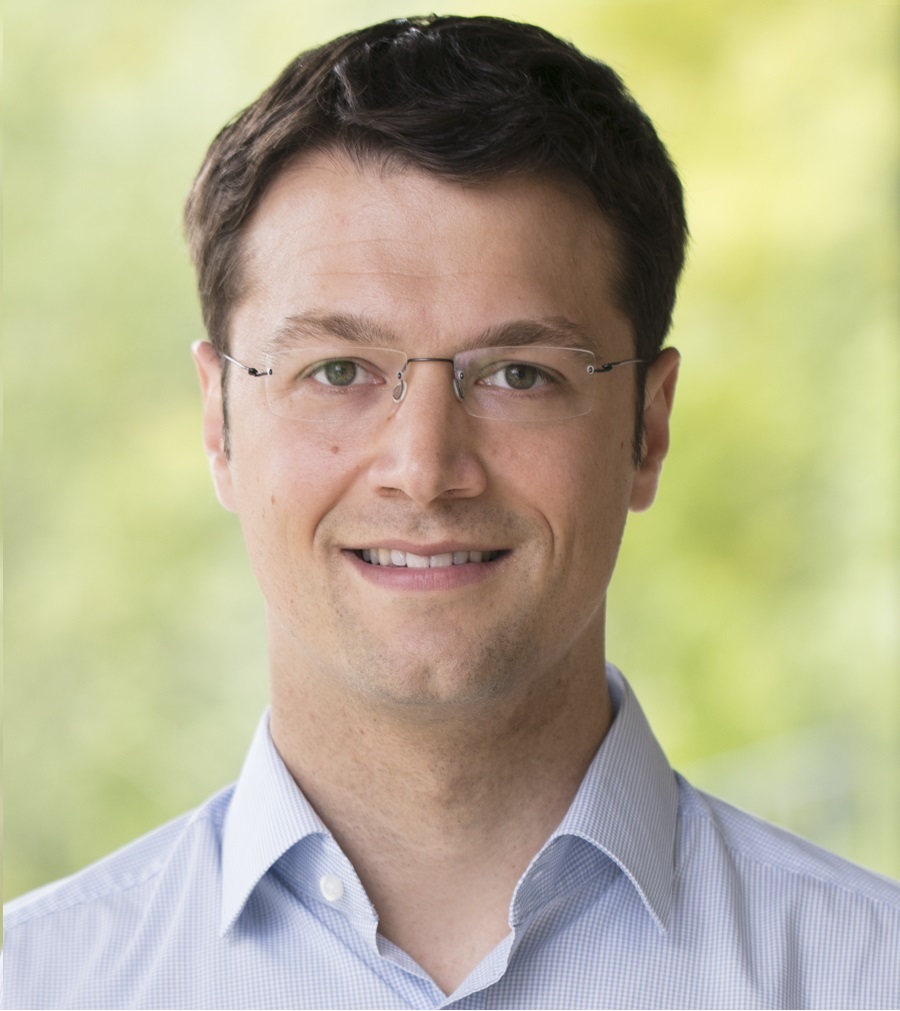
Bachelor
Economics
Short info about the course of study
| Restricted admission | Standard period of study | Start of studies |
| no | 6 semesters | Winter semester Summer semester |
Authorisation procedure
The degree program is admission-free, you can enroll directly without an application.
Enrolment deadline
27.01.2025 – 14.03.2025
Registration deadline has been extended until 03.04.2025!
completion
Bachelor of Science
Further information about the degree programme
Language of instruction
German, partly English
The course of study
As part of the 6-semester bachelor's programme, students deal with monetary, structural and sectoral problems of the European economy (especially monetary, monetary, financial, competition, growth and environmental policy of the EU) as well as questions of European cultural, economic and social history. The focus will be on the challenges of European integration and global interconnectedness.
The degree program is modularized, with the 21 modules divided into compulsory and elective modules. In the first phase of the study, mathematical, statistical and subject-specific methods are to be learned; In the later semesters, the professional competences in the classical subject areas of economic theory are to be acquired. In addition, synergies are created with other fields of study of the faculty (e.g. business administration, business law, business informatics), but also with subjects of other disciplines.

5 reasons to study economics in Siegen
✓ Small groups with involvement in active Econ community
✓ Close relationship with teachers and tutors
✓ Excellent connections to other economic disciplines
✓ Excellent links with European institutions (European Central Bank, European Commission)
✓ Internationally networked offers
Career prospects
The Bachelor's degree in Economics opens up a variety of individual career paths. In addition to positions in companies in almost all economic sectors, state institutions at local, regional, national and European level, the financial and banking sector (including the European Central Bank, the Bundesbank, private banks, the IMF), international organisations (e.g. OECD, WTO, UNICEF) and policy advice offer interesting career opportunities.

This is what Lynn Mielecke, David Serres and Laerto Metko say about their course of study:
"Excellent education, a motivating learning environment and a great community!"
Read more
How does the EU work? How does a country escape a recession? What was the impact of the COVID-19 pandemic on the economy and how did fiscal and monetary policy react to it? In our study programme, we deal with current issues, backgrounds as well as options for action and decision-making. Whether you are interested in monetary policy, international economics, digital economy, public finance or other areas; Everyone will find something exciting here.
At our university, you will not only receive an excellent economics education, but also a community that welcomes you from the very beginning.
Whether pub tours or communal barbecue evenings, the close exchange with fellow students, professors and tutors is an integral part of our degree program. It creates the perfect atmosphere to make new friends and leave the stressful everyday life at university behind. Exciting excursions, such as to the European Central Bank, provide an insight into the practical application of the study programme.
By being able to take some courses in English, you can familiarise yourself with the English technical terms at an early stage and are therefore well prepared for a master's degree in economics, such as the English-language master's degree in economic policy at our university.”
And should major challenges arise, the Academic Advisors of the Economics Department will be happy to help you with all questions and problems relating to your studies and everyday university life. Last but not least, the Campus Unteres Schloss of the University of Siegen offers a truly exceptional learning environment with its combination of modern equipment and historical ambience!
We would always choose the Economics Bachelor in Siegen!

Prof. Dr. Matthias Hunold:
"By studying economics in Siegen on the winning track"
Read more
With us you study on the castle campus in the middle of the city center in modern lecture halls and a beautiful and bright library. In addition to an attractive cafeteria, there are also numerous restaurants and shops as well as well-affordable living space nearby.
In our Bachelor's and Master's degree programmes in Economics, we train you for a career in companies, banks and the public sector on the basis of the current state of research.
In an area with numerous hidden champions, you benefit from a good mentoring rate and personal contact with the professorship and doctoral candidates. With our English-language courses, international excursions and the multinational student body, we also prepare you for the challenges and opportunities of the global economy.
Admission requirements
The B.Sc. Economics begins in the winter and summer semesters. Requirements for access are the general university entrance qualification, the subject-specific university entrance qualification or the technical college entrance qualification. Applicants with a subject-specific university entrance qualification or a technical college entrance qualification must meet certain entry requirements: Information on application and enrolment
Study structure
| Section I – Basic studies | ||
| 1. – 3. semesters Compulsory modules: Analytical Methods, Microeconomics I + II, Macroeconomics I + II, Introduction to European Economic Policy, Descriptive Statistics + Inductive Statistics, Accounting and Financial Statements, Investment and Financing, Cost and Revenue Accounting, Communication Skills | ||
| Section II – Specialisation | ||
| 4. – 6. semesters Compulsory modules: Monetary Policy and Public Economics in Europe, Industrial Economics and Competition Policy in Europe, International and Regional Economics in Europe, European Economic Faces, Empirical Economic Research, Fundamentals of Public Economic Law, Seminars, Compulsory Elective Module Bachelor thesis | ||

Advice and contact
Make an appointment now at:
info.studienberatung@zsb.uni-siegen.de
or by phone at: 0271 740-2712
(Mon – Thu: 9 a.m. - 4 p.m. / Fri: 9 a.m. – 12 noon)
